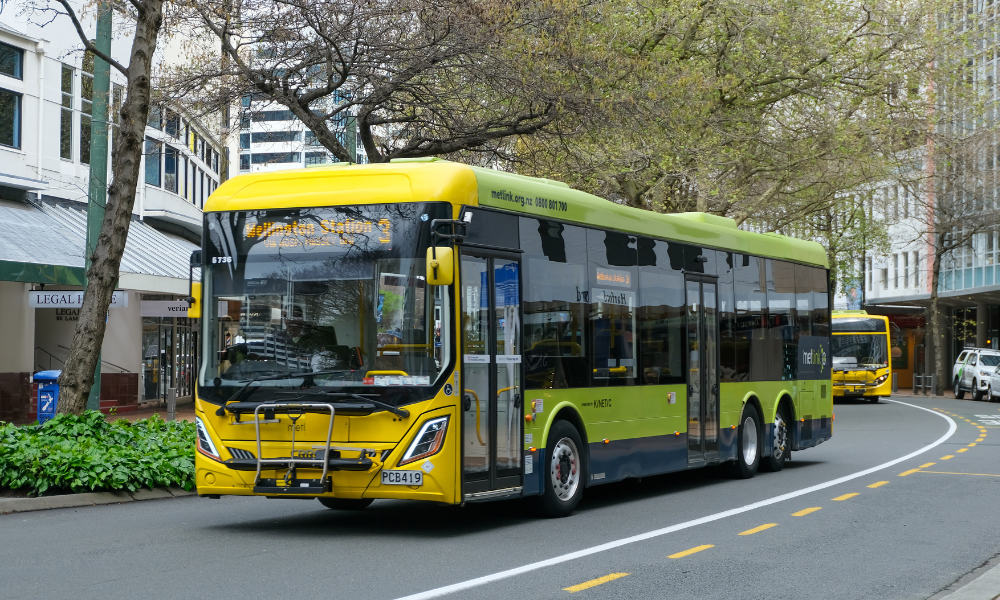
The case focused on how rest and meal breaks should be calculated for bus drivers on split shifts

The Court of Appeal has upheld a ruling that allows an employer to treat split shifts as separate work periods under the Employment Relations Act 2000.
The decision rejected an appeal by the New Zealand Tramways and Public Passenger Transport Employees’ Union Wellington Branch Inc., which had argued that bus drivers working split shifts should receive rest and meal breaks as if they were working one continuous period from the start to the end of their workday.
The dispute centred on how rest and meal break entitlements should be calculated for bus drivers working split shifts. Tranzurban Hutt Valley Ltd. operates public transport services, and its scheduling includes shifts with a significant unpaid break in the middle of the workday. When the break exceeded two hours, the company classified these as two distinct work periods. The union challenged this classification, arguing that a work period should cover all the time between a driver’s first sign-on and final sign-off in a single day.
The Employment Relations Authority initially ruled in favour of the union, finding that a split shift should be treated as one continuous work period. However, the Employment Court later overturned that decision, concluding that the act does not prevent an employer and employee from agreeing to more than one work period in a given workday. The court emphasised that whether a shift constitutes separate work periods depends on the hours an employee is required to work, including their authorized breaks, and on the terms agreed between the parties.
On appeal, the Court of Appeal determined that the Employment Court had correctly interpreted section 69ZC of the act. The court found that a work period begins and ends based on the terms and conditions of employment and that Tranzurban’s collective agreement explicitly allows for multiple work periods within a single shift. It concluded that rest and meal break entitlements apply to actual working time, including authorised breaks taken during a continuous work period. The court also emphasised that when a split shift includes a break of more than two hours, it constitutes a period when the driver is off duty rather than an extension of their working time.
The ruling affirms that employers may define work periods in accordance with contractual agreements as long as they comply with minimum statutory entitlements. It also confirms that split shifts can be treated as separate work periods, provided the employer acts in good faith and ensures that employees receive their required rest and meal breaks.